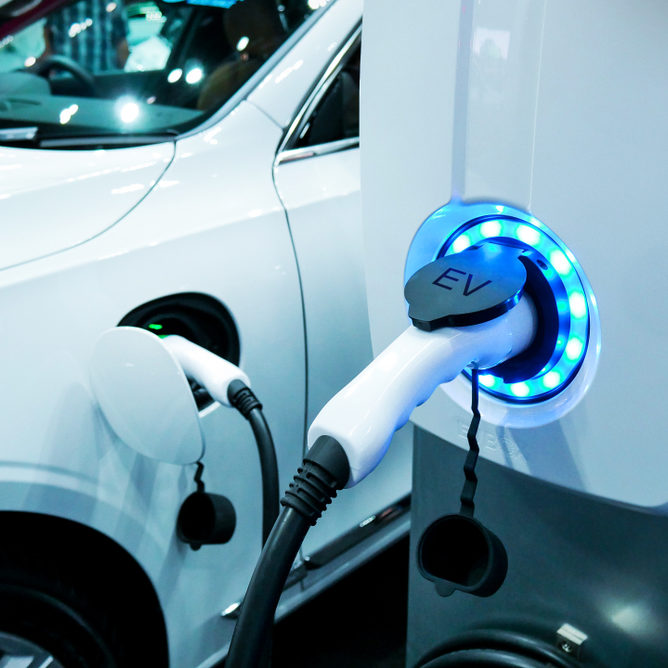Spain’s electromobility goals include having in the roads a quarter million EVs by 2023 in compliance with the Paris Agreement and COP26.
In Spain, electromobility is getting serious by contemplating 250,000 EVs on the roads by 2023 in compliance with the Paris Agreement and COP26.
The document is named Integrated National Energy and Climate Plan 2021-2030.
To achieve this carbon neutral or decarbonized plan, Spain is focusing on three electromobility challenges:
- Longer range batteries: develop lithium batteries and/or solid-state batteries similar to those in the Nissan Ambition 2030 plan for better on-road performance, shorter recharge time and longer service life.
- Increasing the existing number of charging stations: Spain will surpass their current 13,000 charging station and will have more than 80,000 by 2023. To achieve this, the private sector will contribute to the cause: Repsol Movilidad Eléctrica projects 1,000 charging stations distributed along 31 miles.
- Efficient regulatory framework for electromobility: the Spanish government has sent its National Plan to Brussels for approval by the European Union to sync Spain with their Zero Emissions goal in Europe by 2050.
According to data from the European Alternative Fuels Observatory, Spain had approximately 70,000 EVs circulating in September 2019, meaning that by 2023 this amount of sustainable vehicles should be tripled.
Finally, electromobility economists are sure that Spanish authorities must give tax breaks to allow more people to transition from fossil-fueled vehicles to hybrid and / or Zero Emission vehicles.


